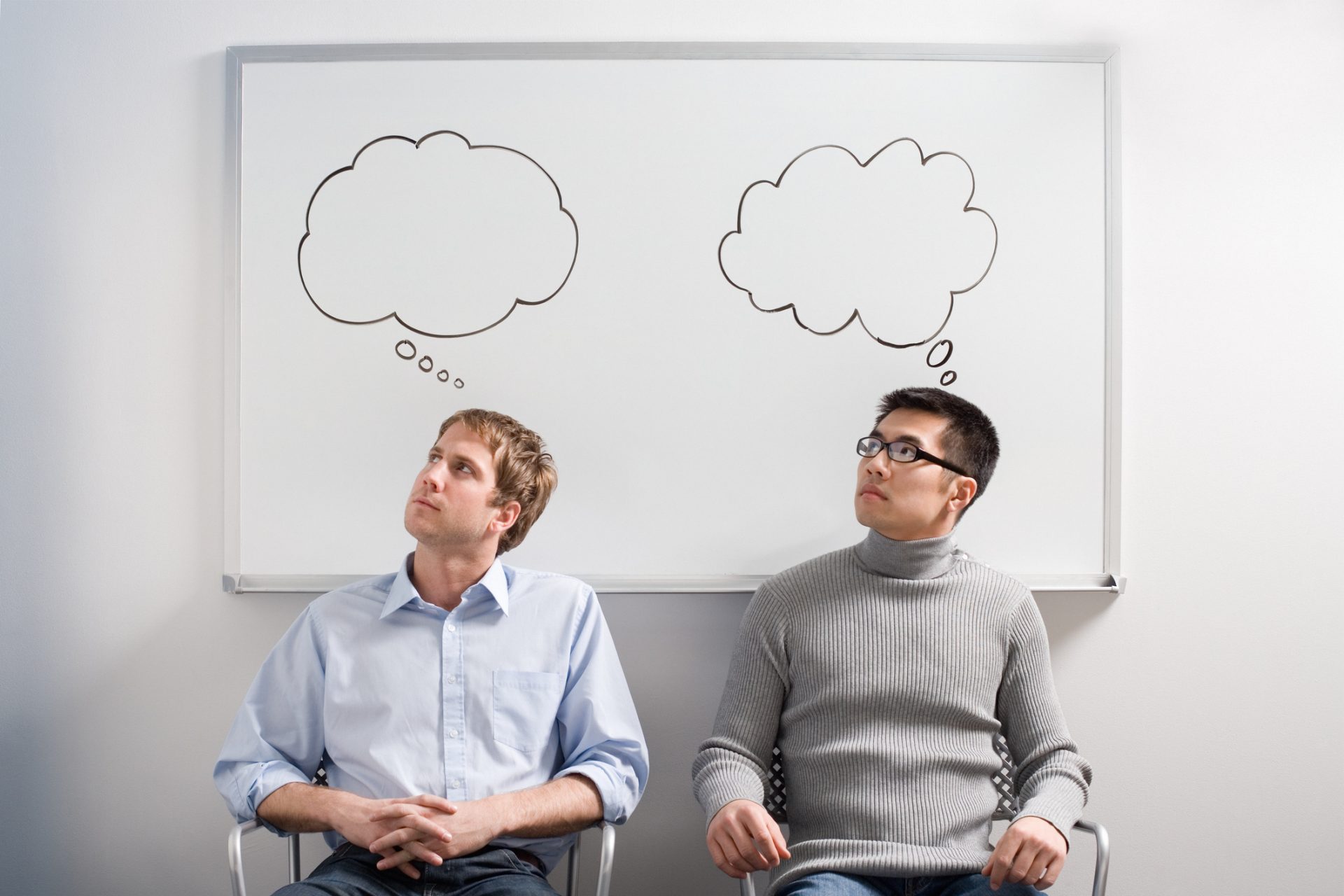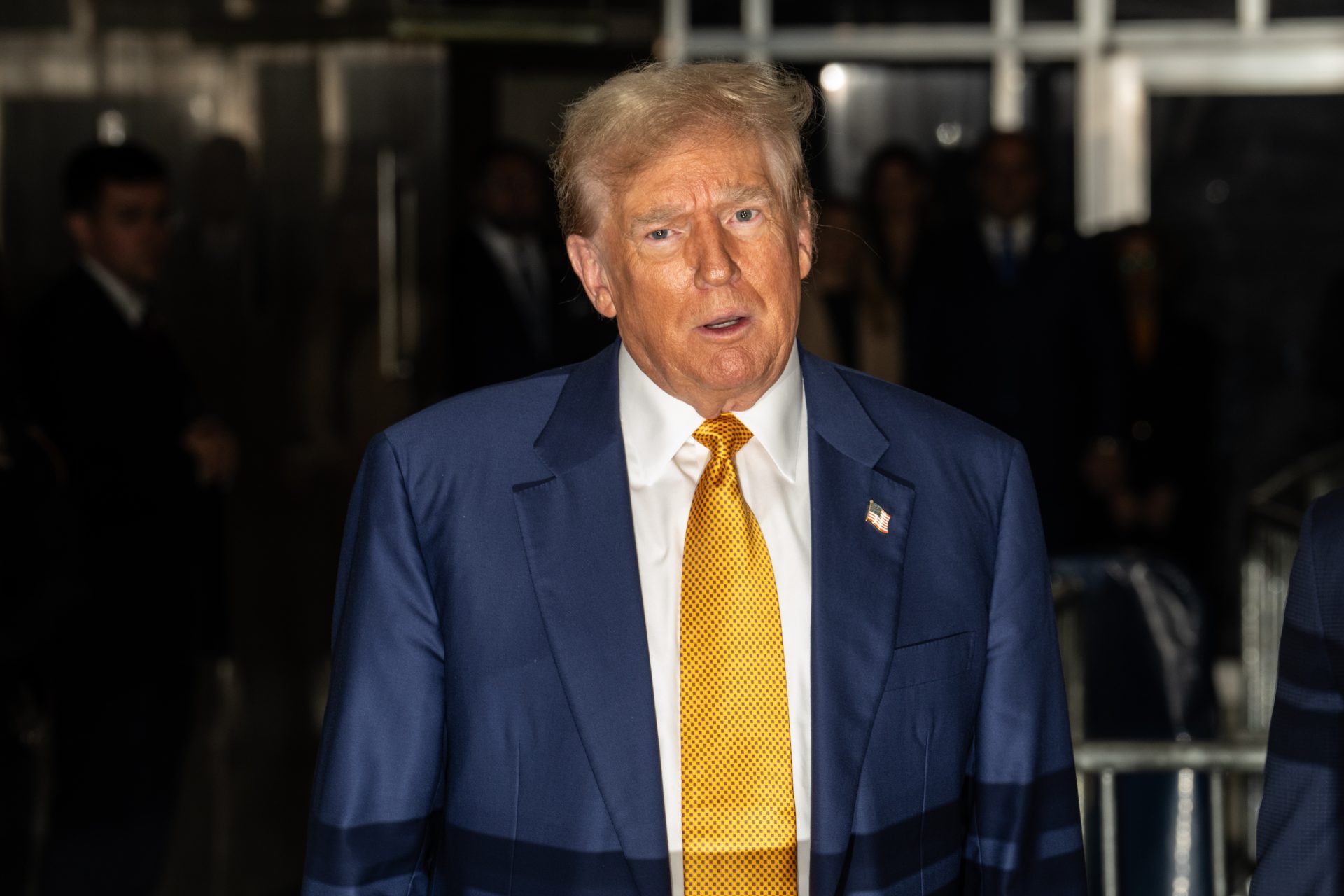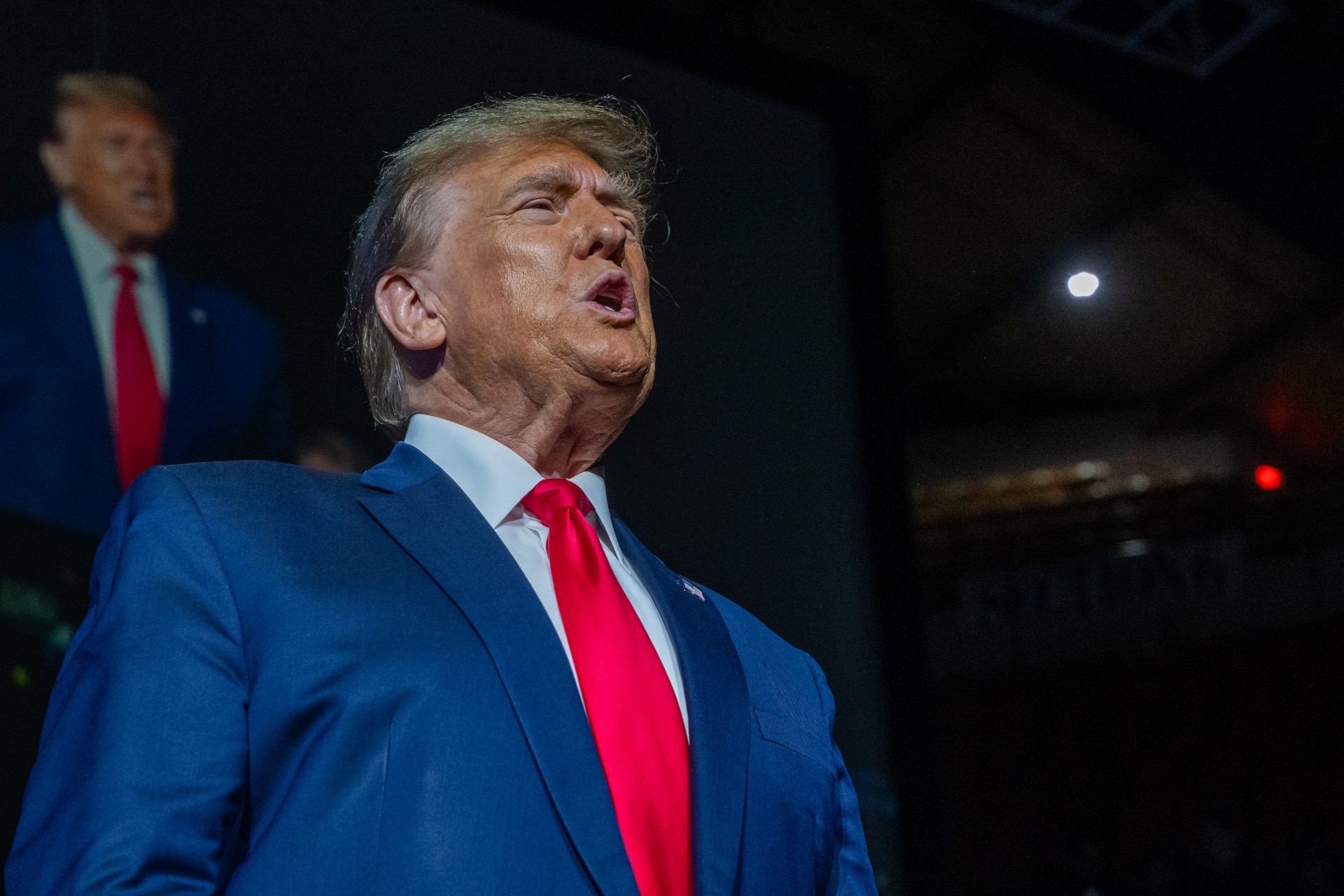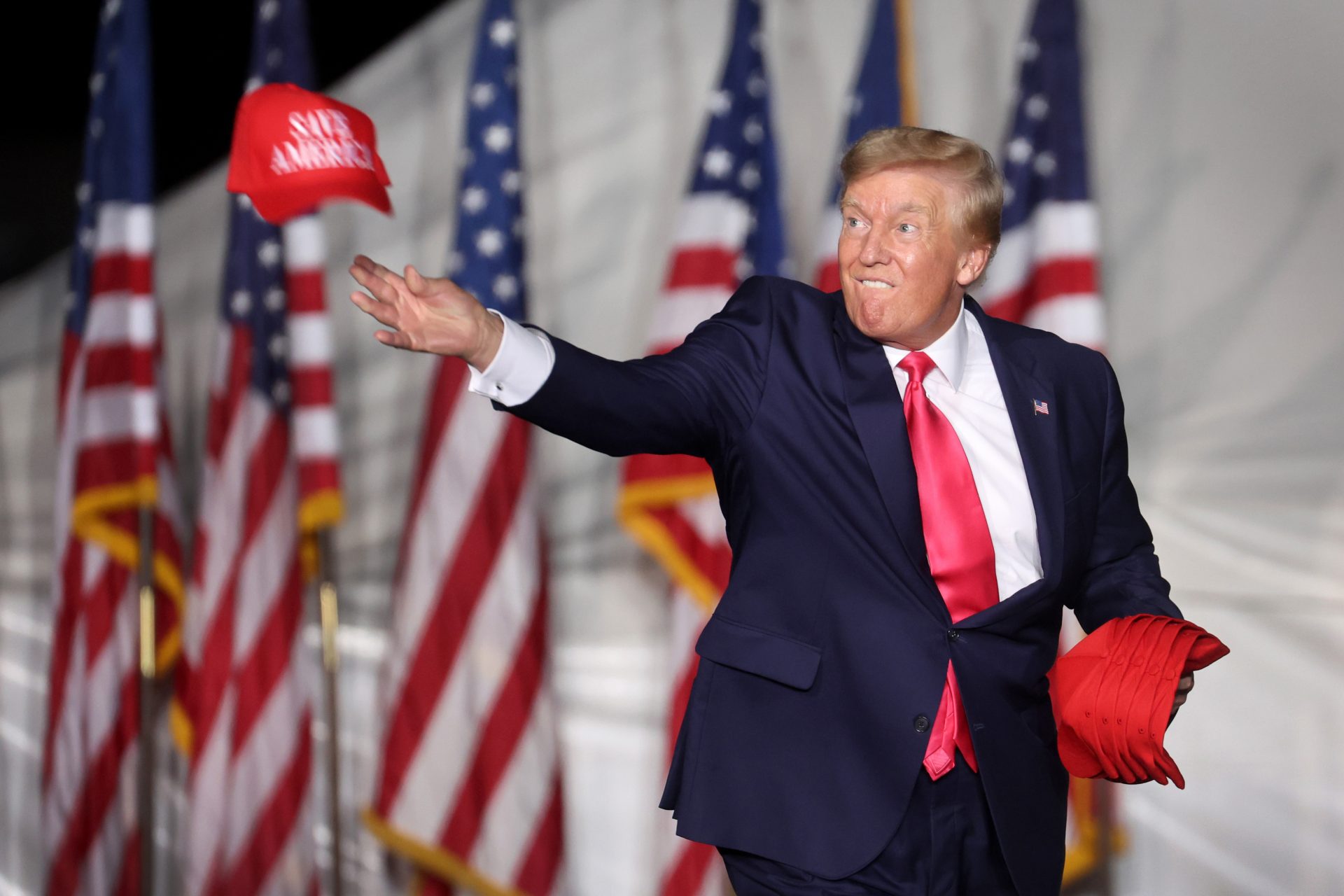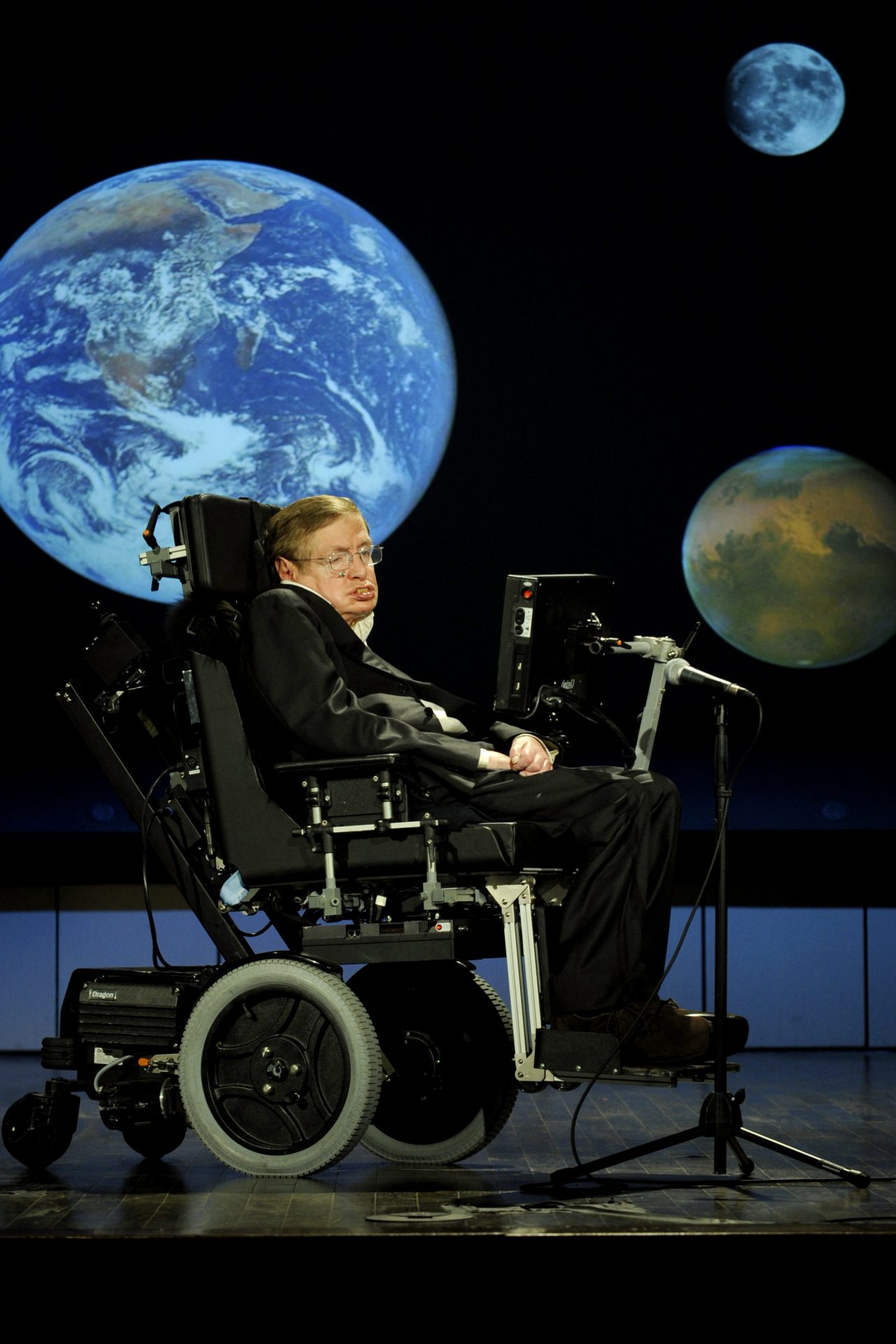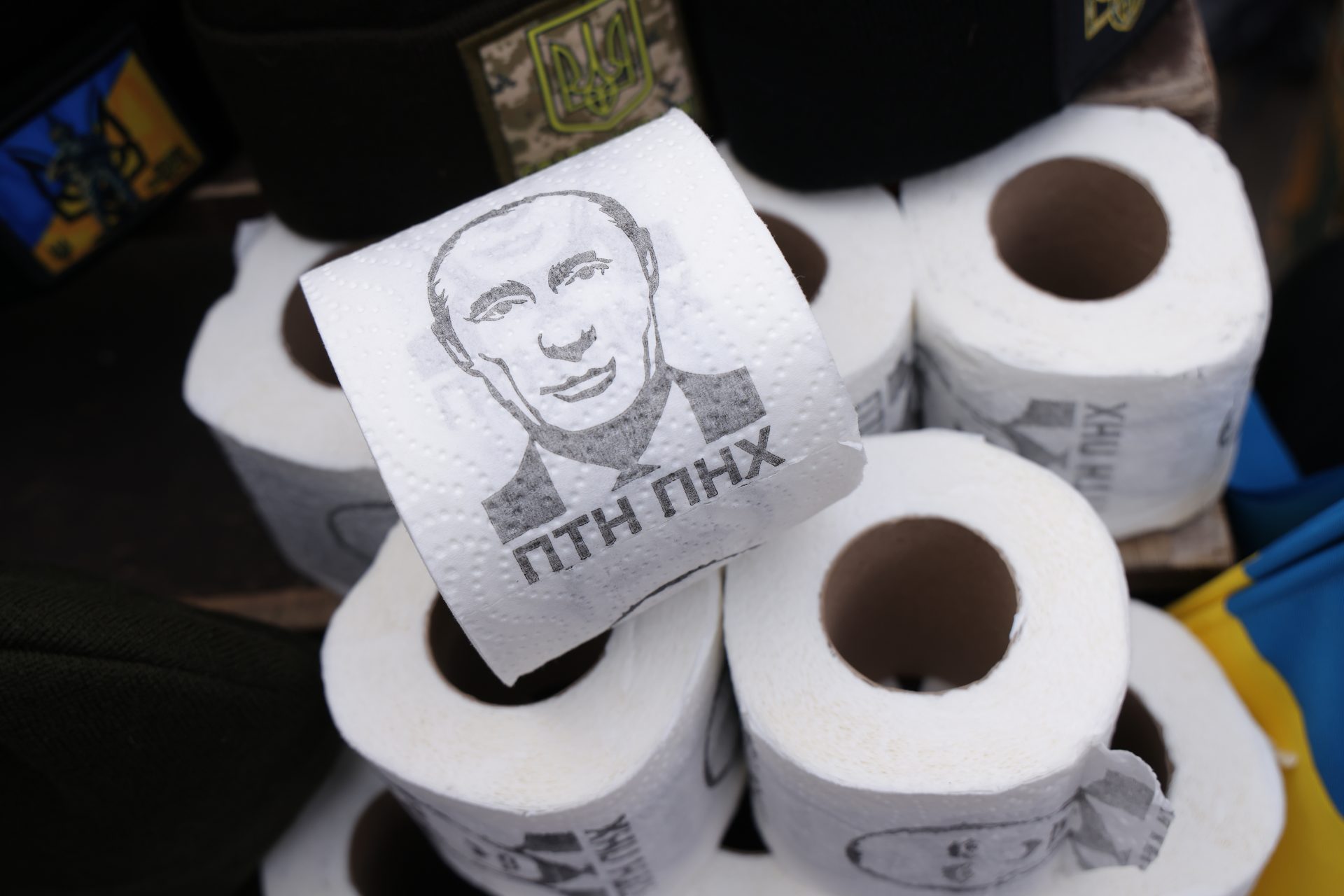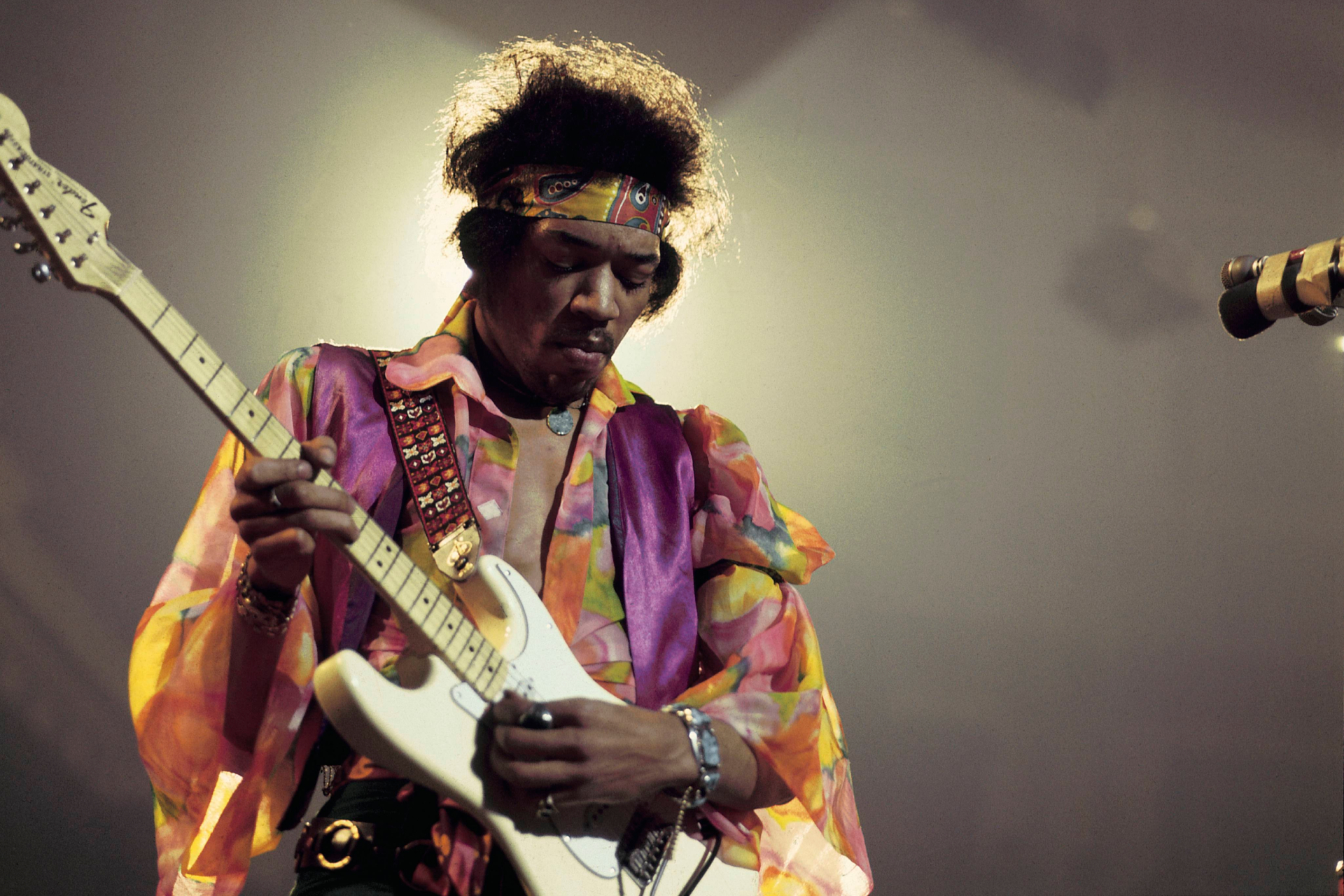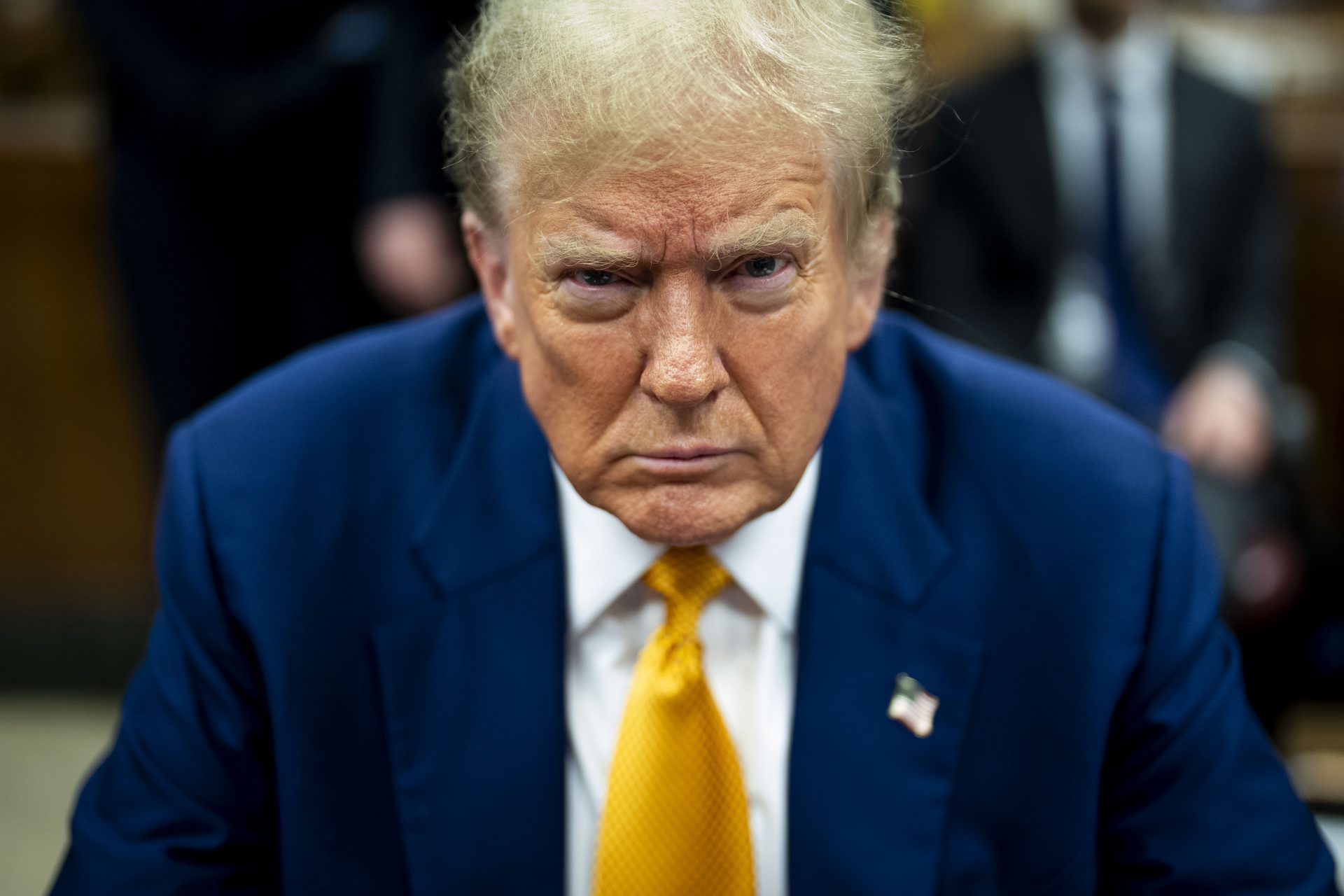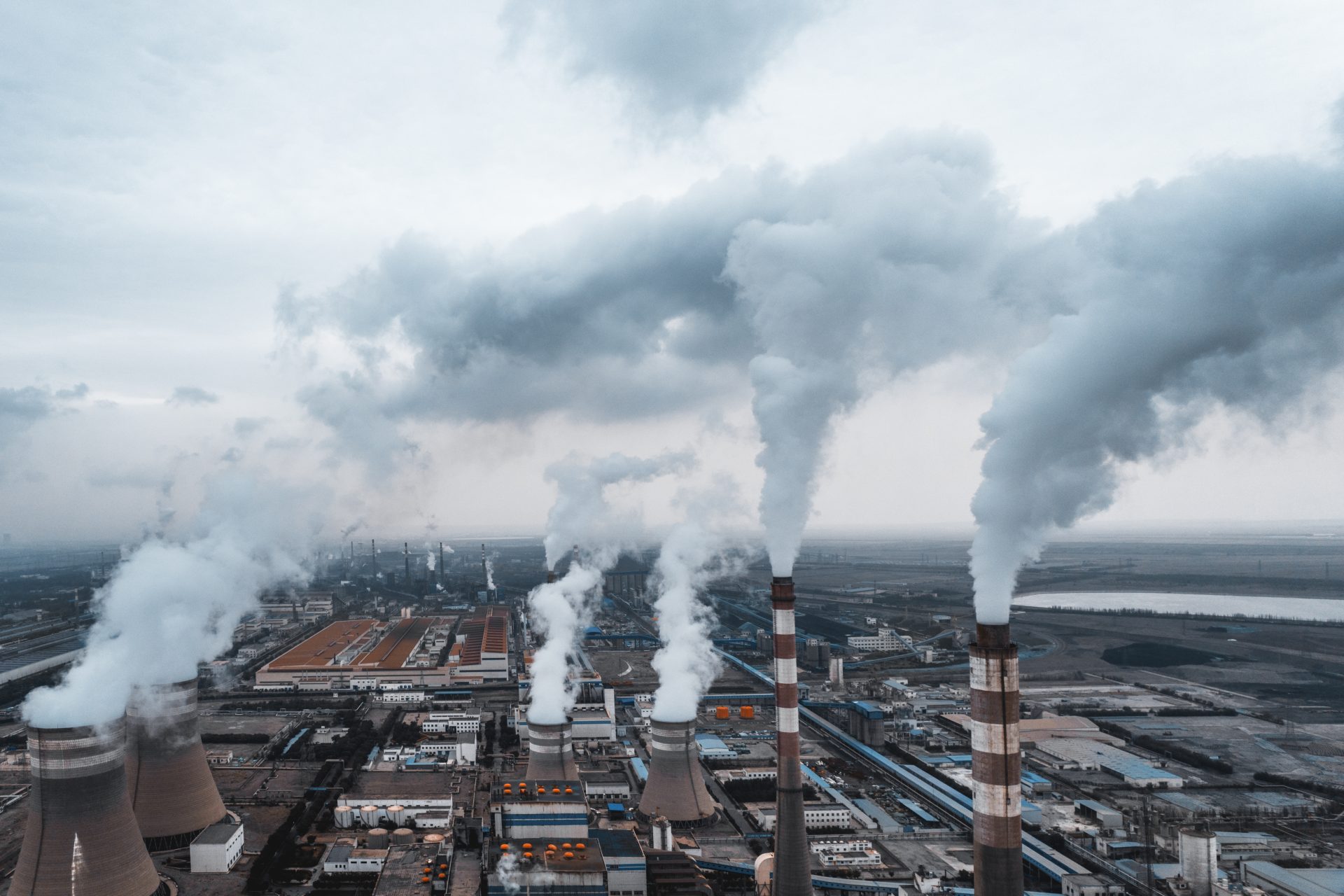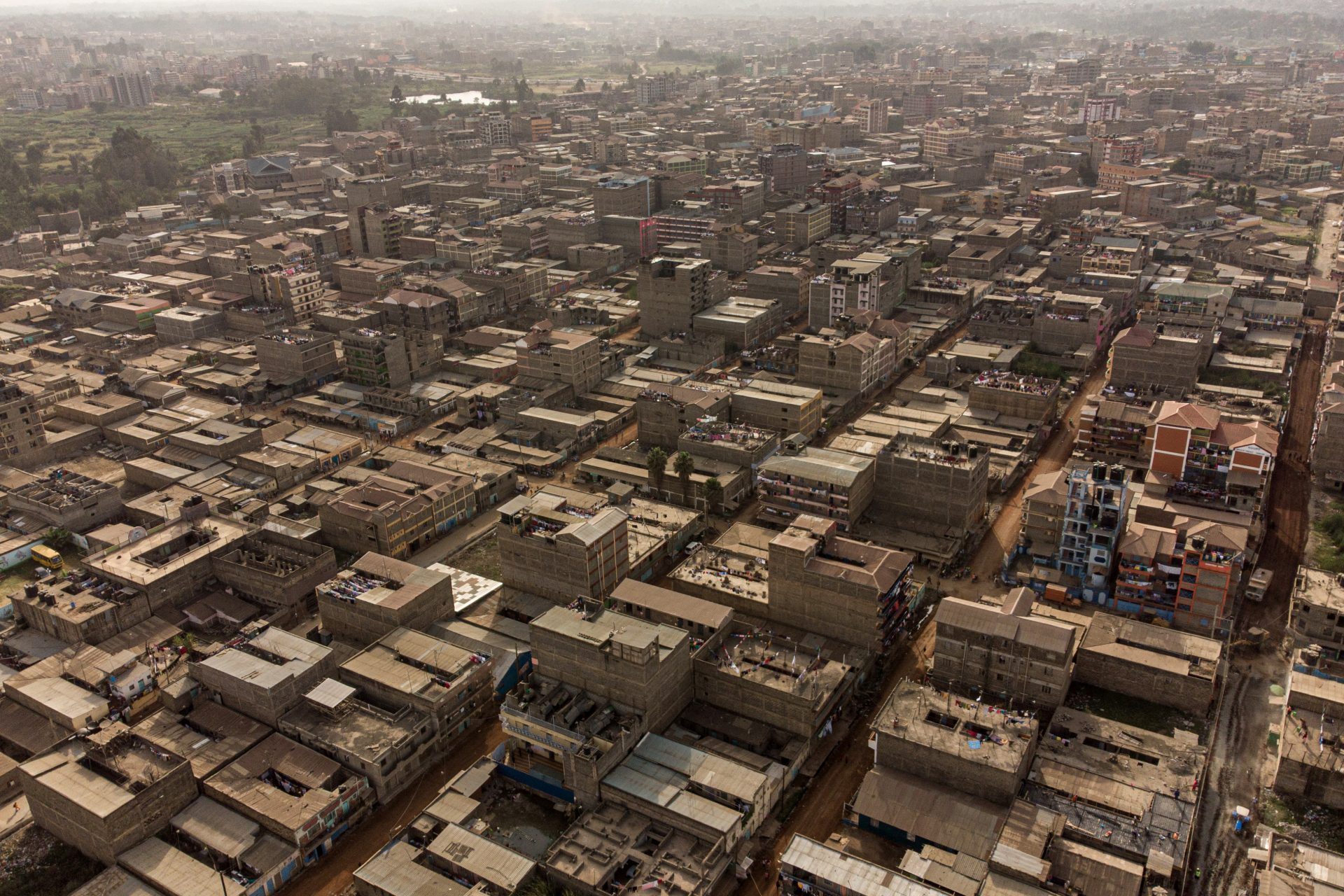Sri Lanka: a country paralyzed by the economic crisis and political tensions
Located in the south of the Indian peninsula, Sri Lanka is currently in a severe economic crisis. It is the worst the island has seen since gaining independence in 1948. The tense economic situation eventually plunged the country into a severe political crisis, which has seen repeated protests and clashes between police and demonstrators, leading to the resignation of the prime minister.
So far five dead and almost 200 injured have been recorded. Last week the Sri Lankan government dispatched thousands of soldiers with orders "to shoot at anyone who looted public property or made an attempt to take smeone's life," the defense minister said. Demonstrations have been taking place across the country for several weeks. The government and its mismanagement of the situation are the motive behind the discontent. How did Sri Lanka get into this situation? What is the future of the country's 22 million inhabitants?
To better understand the current situation in Sri Lanka, we must first go back a few years. Between July 1983 and May 2009, Sri Lanka was in a state of civil war between a Sinhala Buddhist majority led by the Sri Lanka Army and a Tamil minority settled in the north and east of the island.
The roots of this conflict go back to the end of British colonization. When the island gained independence in 1948, the Sinhalese and Buddhist majority took power to the detriment of the Tamils, Hindus and Christians, who were accused of being close to the colonizers and were effectively marginalized.
In the 1970s discriminatory laws against Tamils were enacted. For example, a Tamil student had to earn more points for the same place at university than a Sinhala student. In 1972 Buddhism was declared the state religion. It was too much for the Tamil youth who had been demonstrating peacefully for their rights for years. They formed an armed movement, the Liberation Tigers of Tamil Eelam (LTTE), and called for the establishment of an independent state.
Tensions between the state and the Tamils continued to escalate over the years. In 1977 there were clashes between Sri Lankan police and young Tamils. Anti-ethnic riots broke out across the country, killing hundreds of Tamils. Gradually, the Tamil Tigers become more radical; it was the beginning of the civil war.
The civil war in Sri Lanka lasted 26 years, punctuated by periods of ceasefires. It ended with the death of Velupillai Prabhakaran (pictured), the leader of the Tamil Tigers, on May 19, 2009. The conflict claimed around 100,000 lives, including 40,000 civilians in the final weeks of the conflict, hundreds of thousands of displaced people and thousands, according to the UN of missing persons.
The president at that time Mahinda Rajapaksa denied any atrocities against the Tamil people, which were blamed on the Sri Lankan Army, then led by his brother Gotabaya Rajapaksa. He rejects international investigations to clarify the question of whether the state is responsible for the crimes. The animosity between the Tamil minority and the government never went away.
Before delving further into the current situation in Sri Lanka, let's take a look at the Rajapaksa family, whose members have ruled the country for almost 20 years.
As of 2019, Gotabaya Rajapaksa is the current President of Sri Lanka. After a military career in the 1970s and 1980s, he became Secretary of Defense between 2005 and 2015. Today he is heavily criticized by the demonstrators because of the mismanagement in the country.
His brother, Mahinda Rajapaksa, was Prime Minister in 2004 and President from 2005 to 2015. He returned to office as Prime Minister after his brother's election in 2019. He resigned his post on May 9, 2022 in light of the recent unrest in the country.
However, these are not the only two family members who have been involved in governing the country in recent years. The President has also appointed his older brother, Chamal Rajapaksa, Minister of Irrigation, Security, Home Affairs and Disaster Management. The President's son, Shasheendra Rajapaksa, became Secretary of State for Agriculture and his nephew heads the Ministry of Youth and Sports.
Let's come back to the situation in Sri Lanka after the war, which explains the current economic crisis. In the early 2010s, President Mahinda Rajapaksa wanted to boost the country's growth again, focusing primarily on tourism. He approved large infrastructure projects and indebted the country astronomically.
China is the main financier of Sri Lanka and enabled the country to develop its gigantic projects. Sri Lanka has borrowed $200 million from China to build its international airport, $1.4 billion to build Hambantota's deep sea port, and $15.5 million for a conference center. The 'Lotus Tower' (photo), a skyscraper that dominates the capital but was never opened to the public, was financed with Chinese money.
Growth in Sri Lanka was finally on track, thanks largely to tourism. But in 2019, a terrorist attacks was carried out on several tourist spots in the country, which significantly affects industry. Add to this the global pandemic in 2020 and the economy is collapsing.
In 2021, the government planned to become the world's leading producer of 100% organic food. Pesticides and other agrochemicals were then banned across the country, provoking the wrath of farmers. However, with the country's deepening economic crisis, soaring prices and increasing food shortages, these restrictions were eventually lifted.
The war in Ukraine wasn't exactly good for Sri Lanka either. The reason: Ukraine, like Russia, was the largest buyer of black tea exported from Sri Lanka.
With an estimated external debt of US$51 billion (10% of which is held by China), teetering on the brink of bankruptcy, the country had to turn to the International Monetary Fund (IMF) for help in March 2022. In a speech, the head of state announced: "Following my talks with the International Monetary Fund, I have decided to work with them."
In the speech, he called on his compatriots to "limit the use of heating oil and electricity as much as possible," adding: "I hope you understand the responsibility that rests on you at this difficult time."
Sri Lanka today is suffering from severe shortages caused by the economic crisis which has pushed up prices (inflation was 30% in April alone). The country's power supply is cut off for up to 13 hours a day, gas stations run out of gas and state hospitals have to stop all operations due to a lack of medicines. A critical situation that is paralyzing the country.
On the streets across the country, demonstrators demanded the resignation of the President of the Republic. Given the scale of the movement and mounting violence, the head of state last week declared a state of emergency and imposed a curfew on the country's 22 million residents.
While the Prime Minister has already resigned, will his brother, the President, take the same step? However, the economic situation will not improve overnight. It needs help from the IMF and a complete overhaul of the country's economy to envision a brighter future.
More for you
Top Stories

























